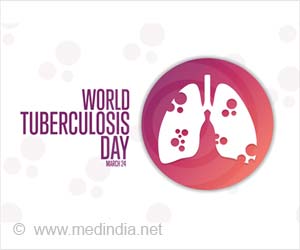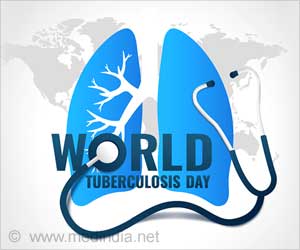Are mental health services important for tuberculosis treatment? Integrating mental health services into the Tuberculosis program can improve treatment completion.

Can Tuberculosis Treatment Cause Mental Health Issues?
Depression in TB patients comes with substantial risks, such as non-compliance, prolonged treatment, and an increased risk of developing drug resistance, all of which contribute to poorer health outcomes. TB patients with untreated probable depression had significantly higher treatment default and death rates and lower treatment success rates compared to those without probable depression.‘Depression and anxiety among tuberculosis (TB) patients can adversely affect TB treatment adherence and completion.’





Left untreated, depression may lead to increased negative treatment outcomes, decreased quality of life, greater disability, treatment default, and mortality. Previous study evidence supports providing integrated mental health interventions within TB services might increase the rates of treatment completion.Need to Invest in Addressing the Mental Health Needs of Tuberculosis Patients
Integrating mental health into TB care could deliver faster progress towards global targets set against HIV and TB; improve the quality of life for vulnerable groups, better adherence to treatment plans, and address the long-term effects of the COVID-19 pandemic on those affected by TB and HIV.Therefore on this World TB Day, they urge governments, health organizations, and other key stakeholders to prioritize the integration of mental health services into TB programs and to invest more in mental health services and resources.
They also urge stakeholders to ensure that political declarations at the United Nations High-Level Meeting on TB which will be held in September 2023 have strong messages which support the integration of mental health into TB programs. Together, everyone can work towards a world where no one is left behind in the fight against TB and mental illness.
Source-Medindia















